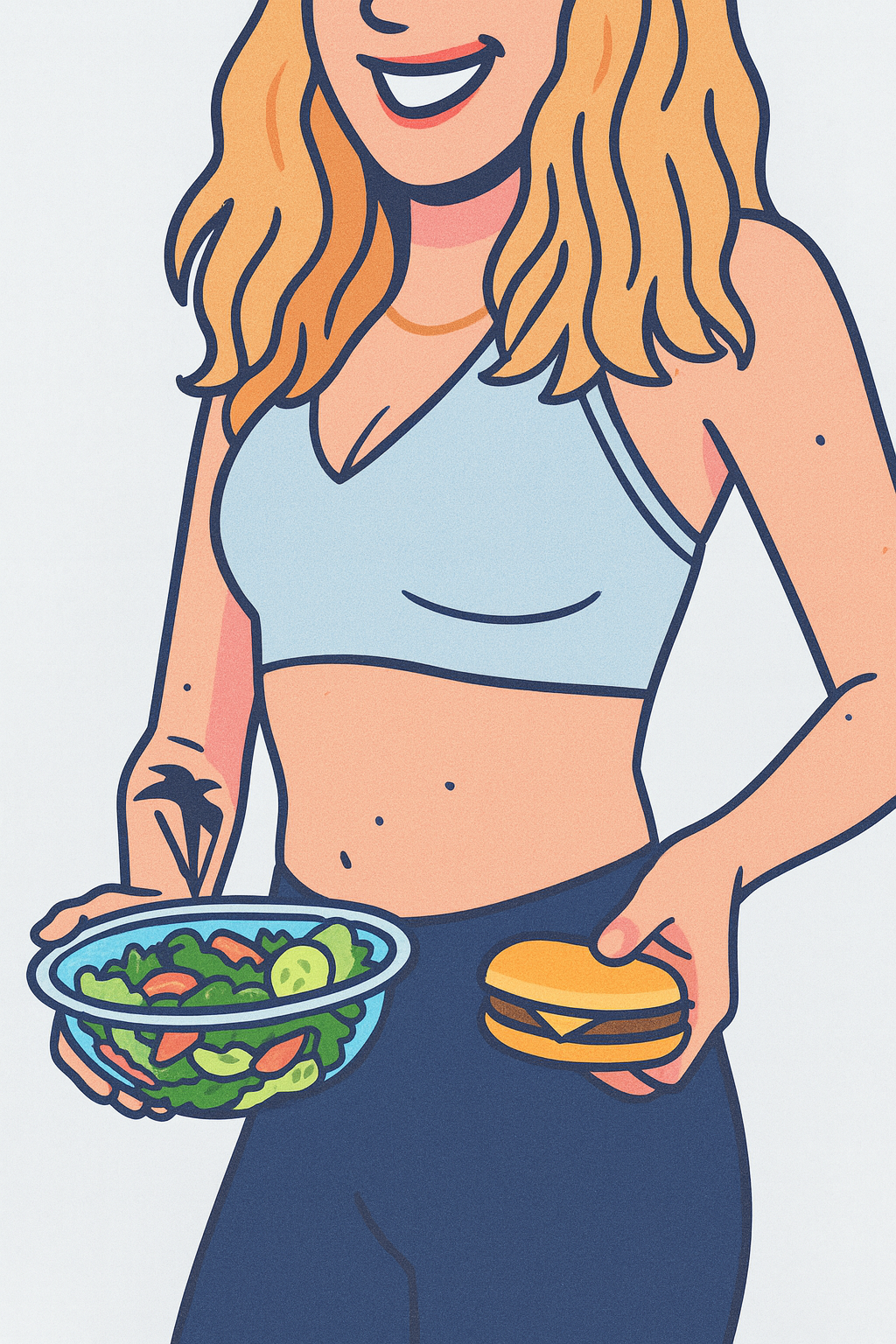Nutrition advice is everywhere, but not all of it is true. Let’s break down some of the most persistent diet myths so you can make informed choices for your health.
Myth 1: Carbs Make You Gain Weight
Carbohydrates are often blamed for weight gain, but the truth is that excess calories from any source — carbs, fat, or protein — can lead to weight gain. Whole grains, fruits, and vegetables are healthy sources of carbs that provide energy and essential nutrients.
Myth 2: You Need to Cut Out All Fat
Not all fats are created equal. While trans fats and excessive saturated fats should be limited, healthy fats from sources like avocados, nuts, seeds, and olive oil are vital for brain function, hormone production, and overall health.
Myth 3: Eating Late at Night Causes Weight Gain
Weight gain is about total calorie intake, not the time you eat. What matters most is your overall eating pattern and lifestyle. Eating late won’t automatically make you gain weight if you’re mindful of your daily nutrition.
Myth 4: Detox Diets Cleanse Your Body
Your body already has a sophisticated detox system — your liver and kidneys. There’s no scientific evidence that detox diets or cleanses provide any real benefit. Focus on balanced nutrition and hydration instead.
Myth 5: Skipping Meals Helps You Lose Weight
Skipping meals can slow your metabolism and lead to overeating later. Regular, balanced meals help maintain energy, support metabolism, and prevent cravings.
Myth 6: All Calories Are Equal
While calories matter for weight management, the quality of those calories is crucial. 100 calories from vegetables nourish your body differently than 100 calories from candy. Focus on nutrient-dense foods for lasting health.
Myth 7: Supplements Can Replace Real Food
Supplements can help fill gaps, but they can’t replace the variety and synergy of nutrients found in whole foods. Prioritize a balanced diet and use supplements only when recommended by a healthcare professional.
Conclusion
Don’t let diet myths steer you away from healthy habits. The best approach is balanced, evidence-based, and tailored to your needs. If you’re unsure, consult a registered dietitian for personalized guidance.
For more insights, read the original article on Medium: Diet Myths You Need to Stop Believing Today
